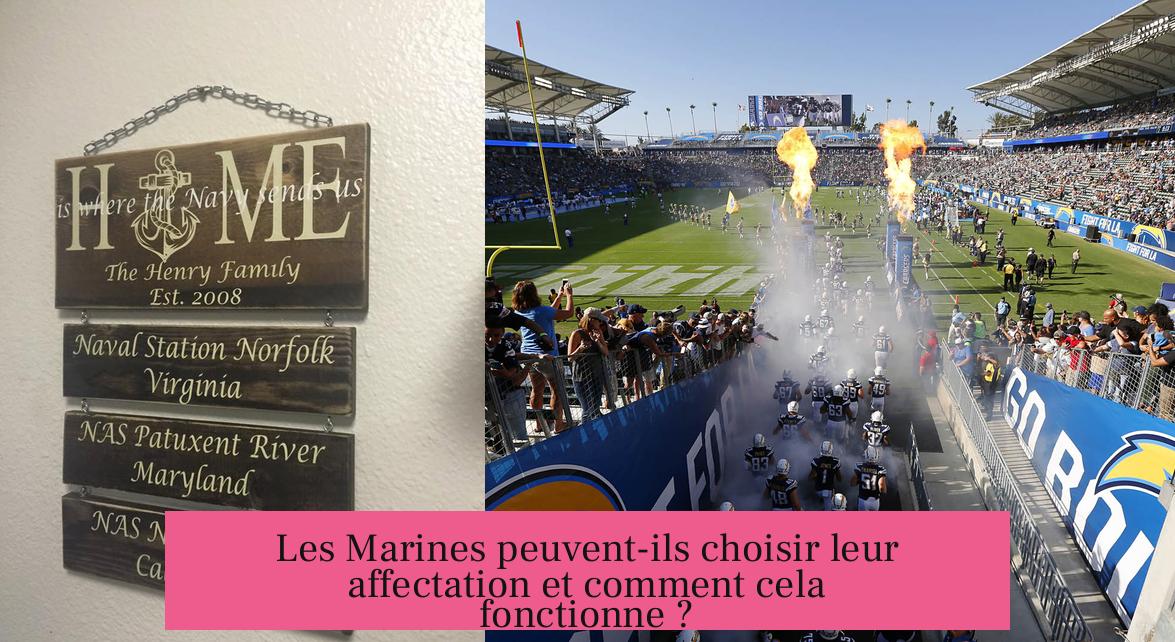Les Marines choisissent-ils où ils sont stationnés ?
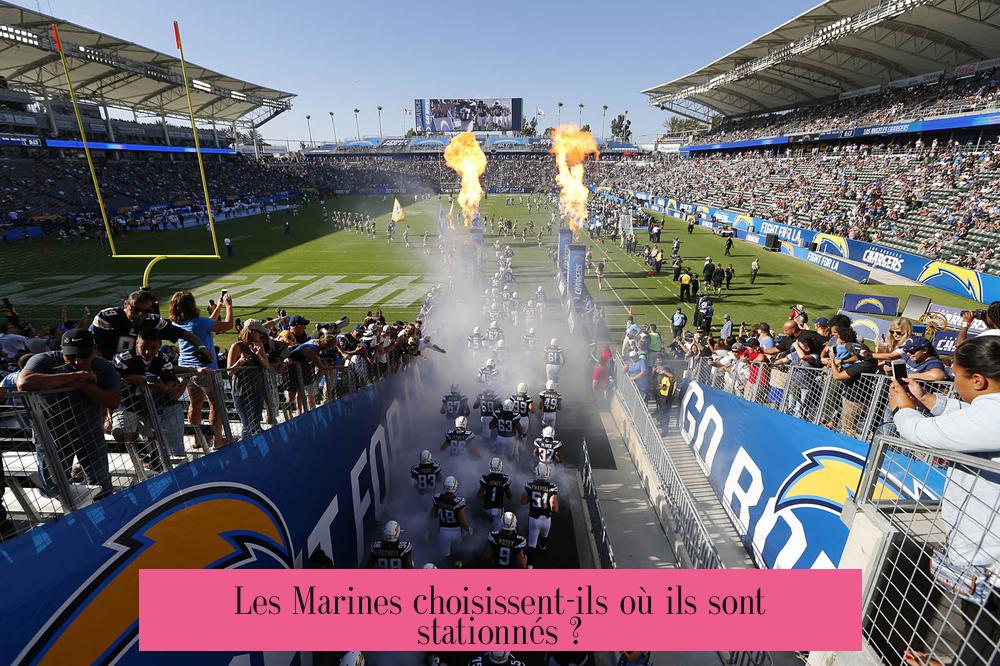
En général, les Marines ne choisissent pas directement leur lieu d’affectation. Le choix final dépend essentiellement des besoins du Corps des Marines et de la spécialité militaire (MOS) du marin. La préférence individuelle peut être exprimée, mais l’emplacement est déterminé par des priorités opérationnelles.
Processus d’assignation des lieux de service
Le Marine Corps attribue les postes en fonction des nécessités du service. Chaque marine peut indiquer des préférences, par exemple entre la côte est, la côte ouest ou une affectation à l’étranger. Toutefois, ces préférences ne garantissent pas un lieu précis.
- La décision finale est prise selon les besoins de la Marine et la disponibilité des postes.
- Les priorités comprennent les déploiements, les effectifs nécessaires et les missions opérationnelles.
- Il ne faut donc pas s’attendre à un choix fixe ou assuré.
Influence de la spécialité militaire (MOS)
La MOS joue un rôle sur l’endroit où un Marine est stationné. Certaines spécialités sont liées à des bases spécifiques ou nécessitent des formations et équipements spécialisés.
- Certains instructeurs permettent aux meilleurs élèves de choisir leur affectation.
- Dans certains cas, les Marines ont trois options principales : côte est, côte ouest, ou outre-mer.
- En fonction de la MOS, le poste sera choisi pour répondre aux besoins spécifiques de la spécialité.
Principales bases Marines pour la station
La majorité des Marines sont affectés dans l’une des principales bases américaines ou bases à l’étranger :
| Base | Localisation | Caractéristiques |
|---|---|---|
| Camp Lejeune | Jacksonville, Caroline du Nord | Climat chaud, plages, commodités familiales |
| Camp Pendleton | San Diego, Californie | Situé entre l’océan Pacifique et les montagnes |
| Marine Corps Base Hawaii | Oahu, Hawaï | Climat tropical, activités de plein air |
| Marine Corps Base Okinawa | Japon | Position stratégique pour les opérations rapides en Asie |
| Marine Corps Base Quantico | Virginie | Centre académique et formation d’officiers proche de Washington D.C. |
Présentation des bases Marines

Les bases Marines fonctionnent comme de petites villes. Elles offrent logements, écoles, hôpitaux, commerces, loisirs et services pour les familles des Marines.
- Camp Lejeune : plages et zones de camping, climat agréable.
- Camp Pendleton : randonnée, océans et déserts.
- Base Hawaii : activités marines, culture tropicale.
- Okinawa : base stratégique avec culture insulaire, proche de l’Asie.
- Quantico : formation rapprochée de #Washington, loisirs culturels.
Considérations sur les affectations outre-mer
Okinawa offre un emplacement stratégique critique. Toutefois, ce poste est souvent redouté à cause de la distance avec la famille.
Les Marines en poste à Okinawa bénéficient d’opportunités de voyages en Asie, mais doivent gérer la séparation avec leurs proches.
Besoins du Corps des Marines versus préférences personnelles
Les priorités du Corps des Marines priment. Le besoin opérationnel prime sur les souhaits individuels.
Les Marines doivent s’attendre à des affectations variées. Cette diversité fait partie intégrante de l’expérience militaire.
Informations complémentaires
- Les membres actifs peuvent être assignés partout dans le monde selon la demande.
- Les réservistes et membres de la Garde nationale ont souvent une zone géographique plus restreinte.
- Les Marines peuvent être déployés sur des navires, mais ils sont basés à des installations Marines ou Navy.
Points essentiels à retenir :
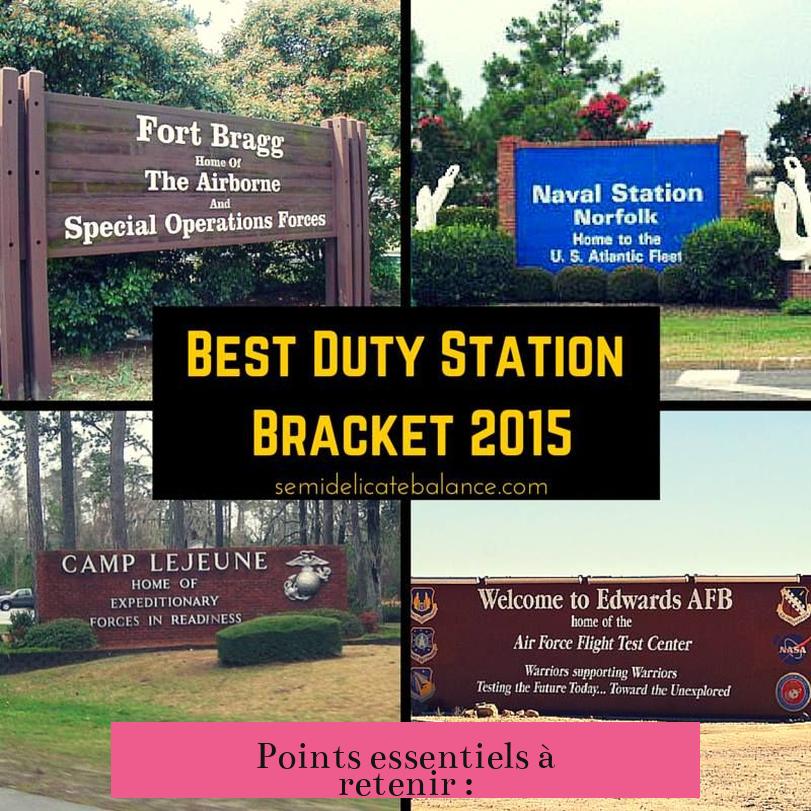
- Les Marines ne choisissent généralement pas leur lieu d’affectation.
- Les préférences sont prises en compte, mais la décision finale répond aux besoins du Marine Corps.
- La MOS influence où un Marine sera stationné, certaines spécialités ont plus de choix.
- Les bases principales sont situées sur la côte est, la côte ouest, à Hawaï, Okinawa et Quantico.
- Les affectations outre-mer comme Okinawa présentent des défis familiaux mais aussi des opportunités.
- Le Corps des Marines priorise les exigences militaires avant toute préférence individuelle.
Do Marines Choose Where They Are Stationed? The Real Scoop on Duty Assignments
In short, Marines don’t really get to choose their duty station outright. While they can express preferences—sometimes as broad as east coast, west coast, or overseas—the final say isn’t theirs. It’s the Marine Corps’ needs, operational demands, and your Military Occupational Specialty (MOS) that ultimately decide.
Got that? Great. Now, let’s dive deeper into how this all works, because the truth is way more interesting (and less like a choose-your-adventure book) than you might expect.
So… Can a Marine Pick Their Duty Station or Not?
It’s a question rookie recruits always ask. “Hey, can I pick California? Or maybe Hawaii? Or even Japan?” The recruiter might hint yes, but the reality is a bit messier.
The straight truth: Marines cannot simply pick where they’ll be stationed. They can express preferences—kind of like telling your mom what toppings you want on your pizza—but ultimately, the Marine Corps decides based on where it needs Marines most. The needs of the service come down like a hammer here.
Why? Well, the Marine Corps has to balance training, operations, deployments, and staffing needs. Sometimes, that means putting a Marine in Okinawa when they hoped for Camp Pendleton. Sometimes, it means east coast when you’d rather be on the west. Don’t set your heart on a particular base—you might get there, but don’t bet your lunch money on it.
Influence of Your MOS: The Partial Elephant in the Room
Your MOS, which is your specialty or job in the Marines, plays a large role in where you’re stationed. Some jobs are in demand only at specific locations. For example, some technical or aviation roles might be based primarily at certain bases or facilities.
If you’re a top performer in your MOS school, you might get some extra say. Some instructors let the “top three” students pick their assignments first. Others allow the whole class some choice. But for the majority, especially those not at the top, your destination depends on openings and military necessities.
In other words: being a rockstar in your MOS can buy you a little more control—but the Marine Corps still runs the show.
Where Might a Marine End Up Stationed? Meet the Big Five Bases
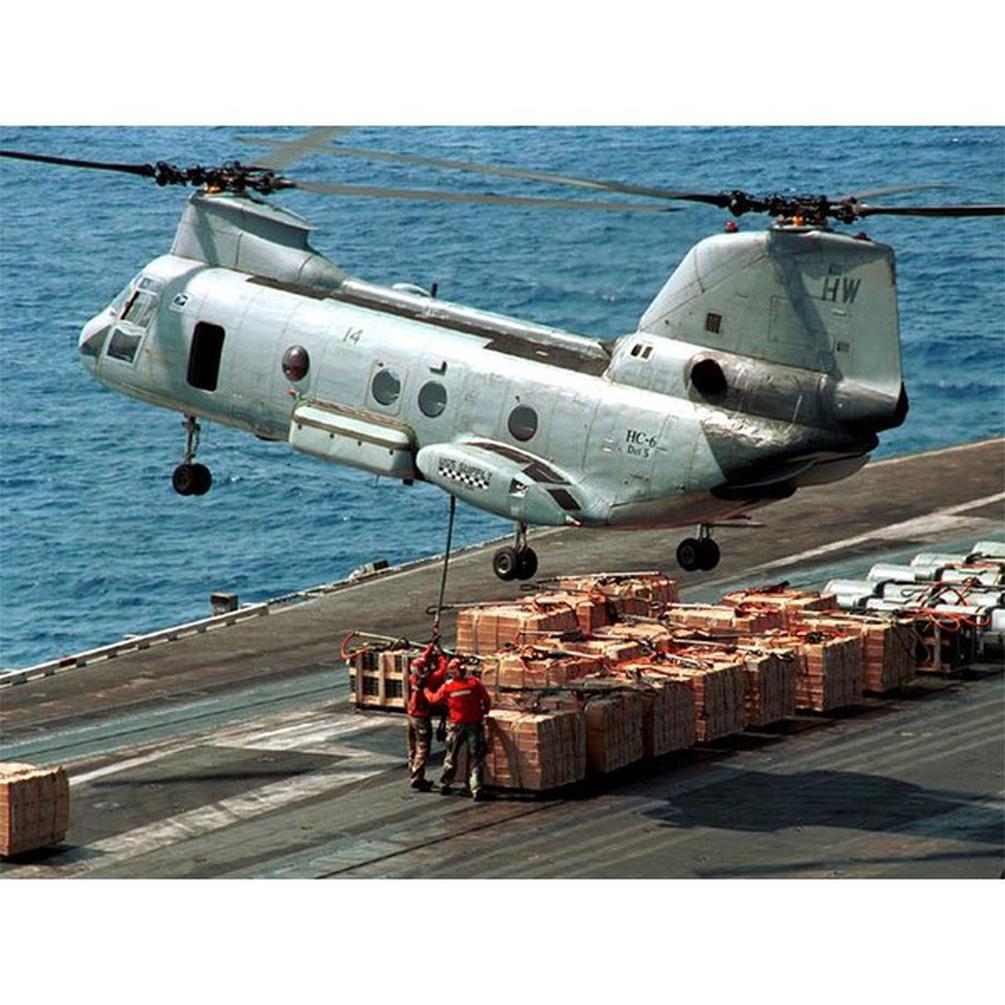
While Marines can’t choose directly, most will find themselves at one of five popular Marine Corps bases:
- Camp Pendleton (California) — Located near the Pacific Ocean, surrounded by mountains and deserts, this sprawling base offers scenic hikes and a touch of Spanish mission history.
- Camp Lejeune (North Carolina) — Known for its year-round warm climate, this base is near Jacksonville, which offers parks, shopping, and dining, plus beaches perfect for family visits.
- Marine Corps Base Hawaii (Oahu) — A tropical paradise near Honolulu, with access to surfing, snorkeling, Diamond Head hikes, and historic sites like Pearl Harbor.
- Marine Corps Base Okinawa (Japan) — Strategically vital for Asia-Pacific response, Okinawa offers a vibrant island lifestyle but is a long way from family back home.
- Marine Corps Base Quantico (Virginia) — Near Washington D.C., home to Marine academics and officer training, with rich history and outdoor activities like water sports at nearby lakes.
Each base is like a little city. You get housing, schools, hospitals, grocery stores, movie theaters, even bowling alleys. It’s well thought out to support service members and their families.
The Overseas Shuffle: Why Marines Sometimes Don’t Get to Stay Close
Those hoping to stay stateside might face the reality of overseas assignments. Okinawa symbolizes this perfectly. Though far from home, it places Marines in a key spot for rapid military response in Asia.
Living there means beach life and island culture, with fishing, snorkeling, and camping. Plus, travel to places like Tokyo, the Philippines, or Taiwan is easier than if you lived in the U.S. But, fair warning: distance from family can weigh heavy. Marines sometimes dread being that far away.
Why Doesn’t the Marine Corps Just Let Everyone Pick Where They Want?
The Marine Corps is a tight operation. It needs Marines where they are most useful. Operational priorities, deployment plans, and staffing needs reign supreme over personal preferences.
Imagine if every Marine said, “I want to be in Hawaii!” The Corps would struggle to staff other critical bases. Needs come first. Marines adapt their plans accordingly.
Think of it like a puzzle. The Marine Corps fits pieces where they belong—not necessarily where the pieces want to go.
Exceptions? Slightly More Choice at Recruitment
Sometimes recruiters will say “you can pick where you want” to attract new blood. That’s a bit misleading. You might pick a general region: east coast, west coast, or overseas. But beyond that, not much say. Don’t fall for the myth that fresh recruits get free rein to pick city and unit.
Ships Aren’t Stations, Let’s Clear That Up
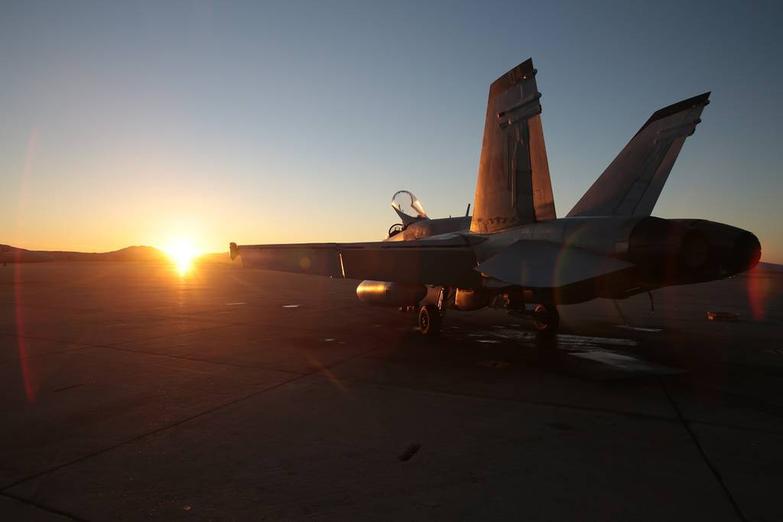
Marines often deploy on Navy ships, but ships are not home stations. Duty stations are Marine or Navy bases around the world. When you get your “orders,” it specifies your base—be it Camp Lejeune or Okinawa—not a ship.
How to Make the Best of What You Get
Not choosing your station isn’t ideal. But it can be an adventure waiting to happen. Embrace your new home. Explore its trails, beaches, and city streets. Meet locals. Tell your friends, “Yeah, I live in Japan now” or “I’m stationed in sunny California.”
After all, your Marine journey is about resilience and mission focus. Your station is just the setting for your story. With the right attitude, it can be the best chapter yet.
In Summary: What Every Marine Should Know
- You do not get to simply pick your duty station.
- You can express preferences among broad locations (east, west, overseas), but the Marine Corps decides based on needs.
- Your MOS and performance in training can sway your assignment slightly.
- The Marine Corps has major bases you’re likely to be sent to, each with its unique vibe and benefits.
- Overseas stations like Okinawa offer strategic importance but come with family-distance challenges.
- Deployments and operational priorities always outrank personal choices.
- Approach your assignment with flexibility and curiosity—make the most of your duty station.
Ready to embrace Uncle Sam’s choice in base assignment? Good. It’s all part of the Marine Corps experience. After all, adaptability is part of what makes a Marine, well, a Marine.
Curious about what life is like at one of these bases? Or how to prepare for a surprise assignment? Stick around for more insider tips and stories directly from Marines who’ve lived the station shuffle.
Est-ce que les Marines peuvent choisir leur base d’affectation ?
Non, pas directement. Ils peuvent exprimer des préférences, mais la décision finale dépend des besoins du Corps des Marines et de la spécialité militaire (MOS).
Dans quelle mesure le MOS influence-t-il le lieu d’affectation ?
Le MOS joue un rôle important. Certains top élèves peuvent choisir leur base ou unité, mais généralement, le choix est dicté par les besoins du Corps et l’ouverture des places selon MOS.
Quels sont les endroits les plus courants pour être affecté en tant que Marine ?
- Camp Lejeune (Caroline du Nord)
- Camp Pendleton (Californie)
- Base de Hawaii
- Base d’Okinawa (Japon)
- Base de Quantico (Virginie)
Quels sont les défis liés aux affectations à l’étranger, comme Okinawa ?
Être loin de la famille est un défi majeur. Cependant, les Marines peuvent voyager facilement en Asie et profiter de la culture insulaire et des activités de plein air.
Le Corps des Marines prend-il en compte les préférences personnelles ?
Les préférences sont considérées, mais les priorités opérationnelles et les besoins en personnel passent avant. L’affectation vise à répondre aux exigences militaires.

